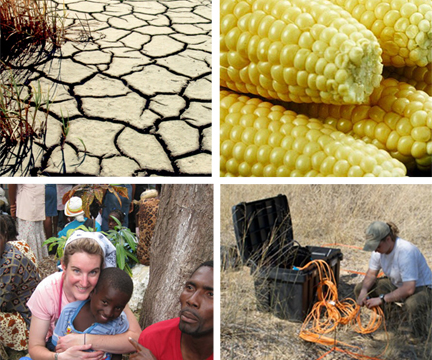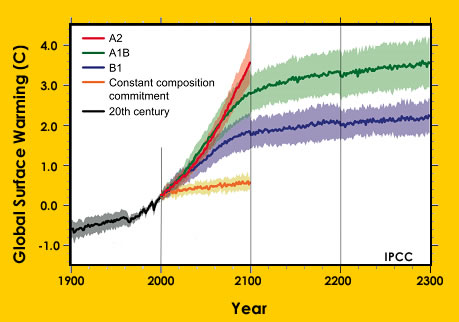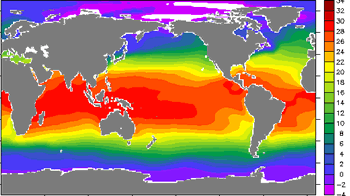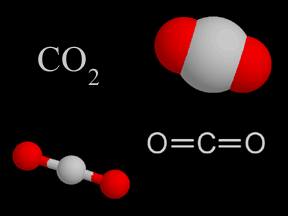Click on image for full size
Starting at the top left and moving clockwise, permissions were granted from USGS, USDA, Dr. Caylor of Princeton University and Bridget Holtz.
Related links:
Changing Planet: Withering Plants – Stressing Over Lost Water (A Classroom Activity)
Changing Planet Navigation Page
Effects of Climate Change Today
Earth’s Climate and Global Change
Heat Waves, Storms and Drought - Extreme Events and Human Health
The Red Cross - An Aid Agency that Serves People around the World
Withering Crops - An Effect of Global Warming
We often take plants for granted. But they are so important! They give us food, paper, wood, even medicine. They also absorb carbon dioxide and release oxygen during photosynthesis. When big changes happen to the plants around us, we are affected too.
Big changes are happening on our Earth. The Earth's climate is warming. Global warming changes the amount of precipitation received in different parts of the world, and it also increases the intensity and frequency of droughts and heat waves. These drastic changes are affecting plants already, with more changes yet to come.
The Earth is a place of great bounty - its crops and plants feed over 6.8 billion people worldwide (and that doesn't count all the animals that depend on plants for food). But, researchers think that the Earth's population could pass 9 billion people by 2050. That's over two billion additional people that need to be fed every day. Combine this increase in global population with the fact that many plants are subject to stress due to warmer temperatures and drier conditions that are brought on by climate change, and it is clear we are on troubling path.
How do plants deal with increases in temperature? During the process of transpiration, plants lose water through tiny holes in their leaves called stomata. Because the water evaporates from the surface of the leaf, transpiration helps plants stay cool, in the same way sweating keeps humans cool. So the process of plants losing water through their stomata prevents overheating of the plant. Global warming is also projected to bring less precipitation or increased drought conditions in many parts of the world. How do plants deal with a lack of water? When less water from the soil is available, the plant closes the stomata on its leaves so water doesn't escape from the plant. Unfortunately, closed stomata don't let in carbon dioxide (CO2) needed for photosynthesis and plant growth becomes stunted. The plant must now choose between keeping its own water (stomata closed) and gaining food through photosynthesis (stomata open). At the point when the plant cannot survive any more without food, it will be forced to open its stomata, letting its own water escape. The plant, which is fighting to survive, becomes wilted or withered.
Increased temperatures and drier soil conditions bring about crop withering, and crop withering can lead to many social problems. There have been many droughts reported in the last decade like in Ethiopia in 2000, Niger in 2005 or Somalia and Haiti later in 2008. These region's plants dried up because of drought and many people were left without food to eat. This can lead to famine in a region and even in extreme cases, political unrest and war. Of course, these areas might seem very far away. But, the IPCC has projected that Africa, Asia, Australia and New Zealand, Europe, Latin America, and small islands around the world will be affected by climate warming and that crop yields will decrease in those areas. All across the world, rising temperatures and the heat and drought it brings will force food prices to rise as crops do wither and fail around the world.
Luckily, people around the world and scientists are helping with these crop withering problems that could cause global crises. One way scientists are helping is through the Famine Early Warning Systems Network. FEWS NET is a system that helps target more than two billion dollars of food aid to more than 40 countries each year. Through this system, scientists are helping with early identification of drought that might trigger food shortages. Also, agricultural research worldwide is working on how to increase the yield of crops without needing more resources like water or fertilizer. The research of these complicated subjects will no doubt lead to great discoveries that will feed the growing population of the world.















